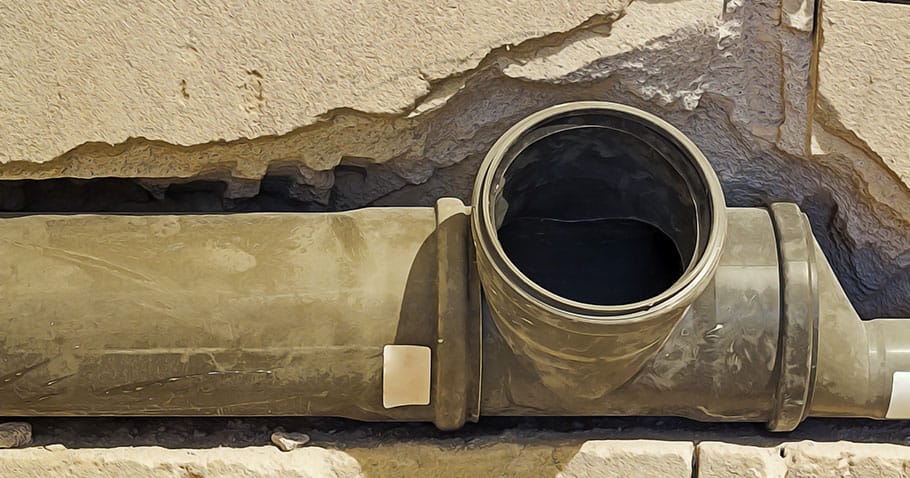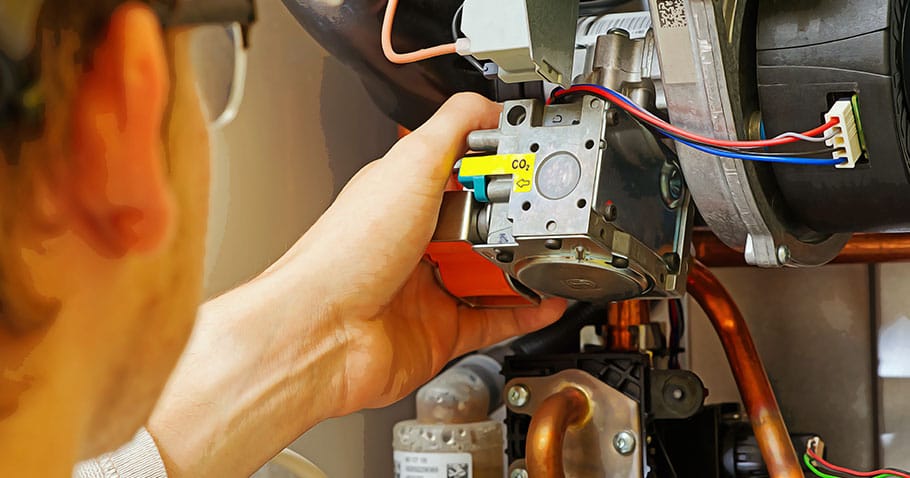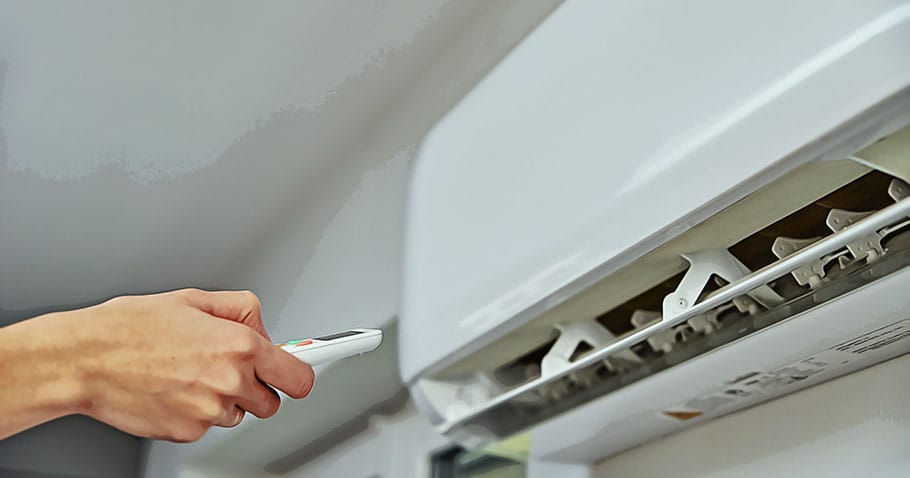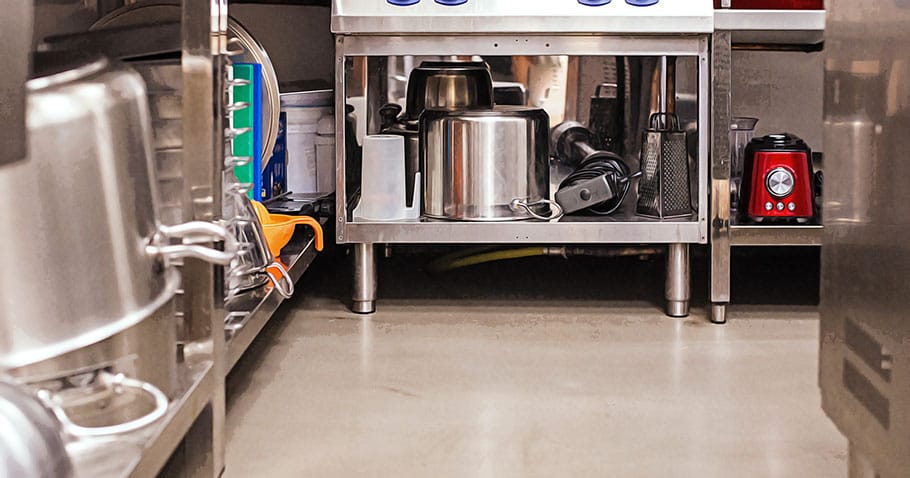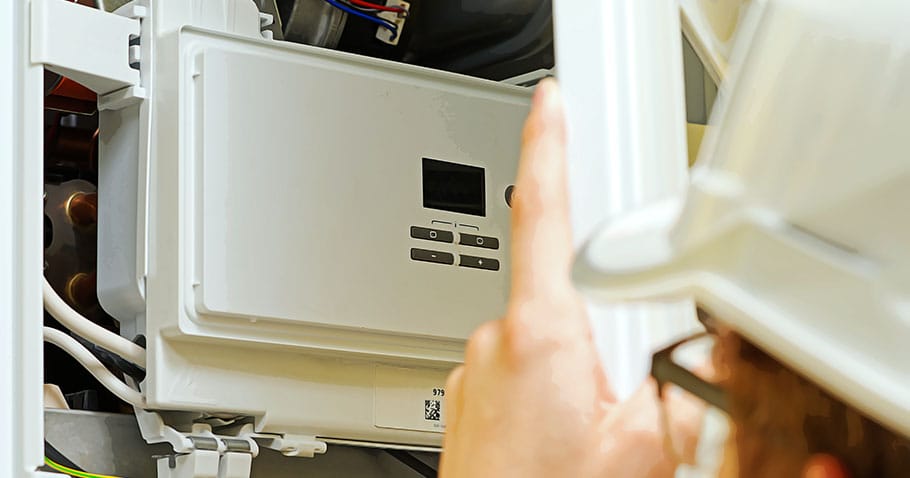Do Water Filters Remove All Toxins?

Water filters are a must in households where clean water is not easily accessible. But, have you ever wondered what kinds of impurities a water filtration system does and doesn’t remove? Well, keep on reading to find out more.
Things A Water Filter Removes
Here are the different metals and particles a water filter, of any kind, can easily remove.
Sand
Sand is a very common impurity found in tap water. A lot of the time, when supply water is coming from wells that haven’t been cased, the water has sand sediments and dirt in it. This is why it’s important to use a filter with a thinner mesh so that it catches all of the unwanted particles and you’re left with clean and potable water.
Sand filters need to be changed every couple of weeks or so, because if you don’t, the water quality will get worse and it won’t be as clear as before.
Chlorine
Chlorine is a disinfectant used to kill bacteria and different germs in the water to make it safe for drinking. But sometimes, the amount of chlorine can be too much, so much so, that you can actually taste it and it’s not pleasant at all.
On top of that, drinking water with chlorine can be very dangerous for your body too, especially if the quantity is too high. Chlorine filters are a great thing to use because they will remove all of the chlorine from the water and you’ll be left with plain-tasting water, that’s not only free from bacteria but won’t have a pungent taste or smell either.
Iron
If you’ve turned on the sink and noticed that the water coming out is slightly red in color with some dark particles suspended in it, then it means that your water is infested with iron. Iron can make the water look pink or red and it can also have a metallic taste and smell.
Drinking water, with iron in it, isn’t good for your body and it can lead to stomach and skin issues. Luckily, filters can easily remove all traces of iron from the water in no time at all.
Sulfur
Has your water been smelling funky lately? Does it have a bad odor, so much so, that you’re unable to drink it without gagging? Then there’s probably Sulphur present in your tap water. Sulfur can be easily dissolved in water and it doesn’t make the water look any different, but as soon as you smell or taste it, it’s straight-up disgusting.
Sulphur has a distinct and pungent odor, kind of like eggs gone bad and it’s a struggle to get rid of this smell. Water filters, specifically carbon filters, are designed to remove Sulphur from water effectively.
Lead
Lead is a dangerous heavy metal that can poison the water and once inside your body, it can lead to a lot of issues. The thing about lead is that it can’t be detected in water by taste or smell and you’ll need to test your water through chemicals to double-check whether there’s a high concentration of lead or not.
Drinking lead-infested water can lead to heart and kidney issues, and in severe cases, it can cause abnormal growth of cells and, ultimately, lead to cancers of various kinds. Lead can be removed by special carbon and mesh filters and that water is safe for you to drink.
Radium
Radium is a very reactive material and it’s typically radioactive in nature. This shouldn’t be something you’re consuming along with water, because it can cause a plethora of health hazards. It’s also odorless and tasteless, so it’s very hard to detect the presence of radium in drinking water.
Usually, water companies will run different tests on the water to ensure that there isn’t any radium in it, but pipelines can get poisoned by radium and water can be contaminated very easily. This is why having a filter is very important because it will remove all of these harsh and reactive metals from the water.
Arsenic
Arsenic is a dangerous substance found in supply water. Water can be easily contaminated by arsenic through rock dissolution. It is also one of the few metals that can go undetected in the water, even in insanely high concentrations, so a lab test is a must to get confirmation of its presence in the water.
Arsenic, when consumed in large quantities, can lead to skin lesions, blood diseases, stomach problems, and also cancer. Its detection is important so that you don’t risk your health.
Things Water Filters Can’t Remove
Here are some things that a water filter can’t remove.
Calcium & Magnesium
Calcium and magnesium are the main culprits for causing hardness in water. Hard water leaves yellow and white scales on dishes, taps, sinks, and even clothes and it doesn’t even produce lather, so it’s a waste of detergent. Hard water is almost impossible to use and it’s not potable either. The worst part is that hard water can’t be softened by filters, until or unless you treat it with certain chemicals.
The only ways by which hard water can be softened is through an ion exchange system and a water softener system Warren. Water softeners are specific machines that treat hard water and let out soft water, free from calcium, magnesium, and even potassium. If your supply of water has high concentrations of calcium and magnesium, then a water softener is a must-have for your house.
Living Organisms
Water is a breeding ground for many living organisms. Viruses and protozoa thrive in water and they can easily slip through the mesh of the water filters and invade your body. These organisms are removed by chlorination and disinfection of water and the easiest way to do so, is to add chlorine or iodine tablets in water, because water filters don’t have a small enough micron size to get rid of these living creatures.
Bacteria
There are also a variety of bacteria present in water that can lead to diseases like E. Coli, tuberculosis, hepatitis, tetanus, and more. These organisms can’t be removed by filters either and they are either treated with chemicals, or with UV light to kill all kinds of bacteria.
Sodium
Sodium is also present in vast quantities in water and it, sadly, can’t be removed by water filters. Salty water will literally taste the same after passing through a filter. Salt is usually dissolved in water and that can make it hard for the filter to remove the crystals of salt. The most efficient and effective way of removing salt from water is through electrolysis or desalting.
Electrolysis is an ion exchange process, boosted by electricity and desalting is the mixing of salty water with chemicals. Salty water can be highly unpleasant to drink because the high sodium concentration can make the water taste almost bitter, so it needs to be removed, otherwise, it can spike blood pressure really quickly.
Conclusion
Water filters are great to use if you want your water to be potable, taste good and remove metals and harsh compounds so that your body can stay not only hydrated but healthy too. If you tap water contains the contaminants that water filters can remove, go ahead with the installation of a whole house water filtration Erie system.











